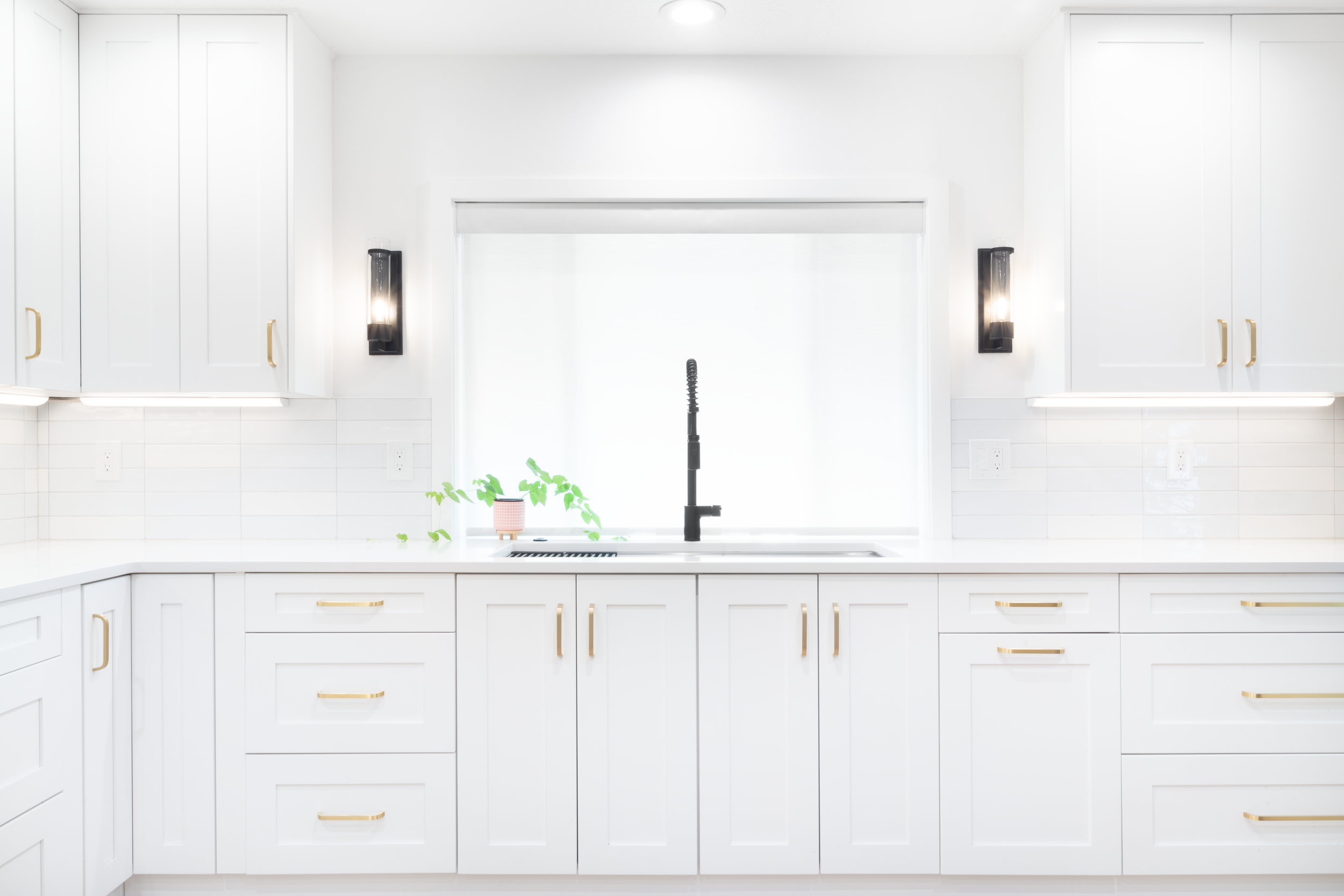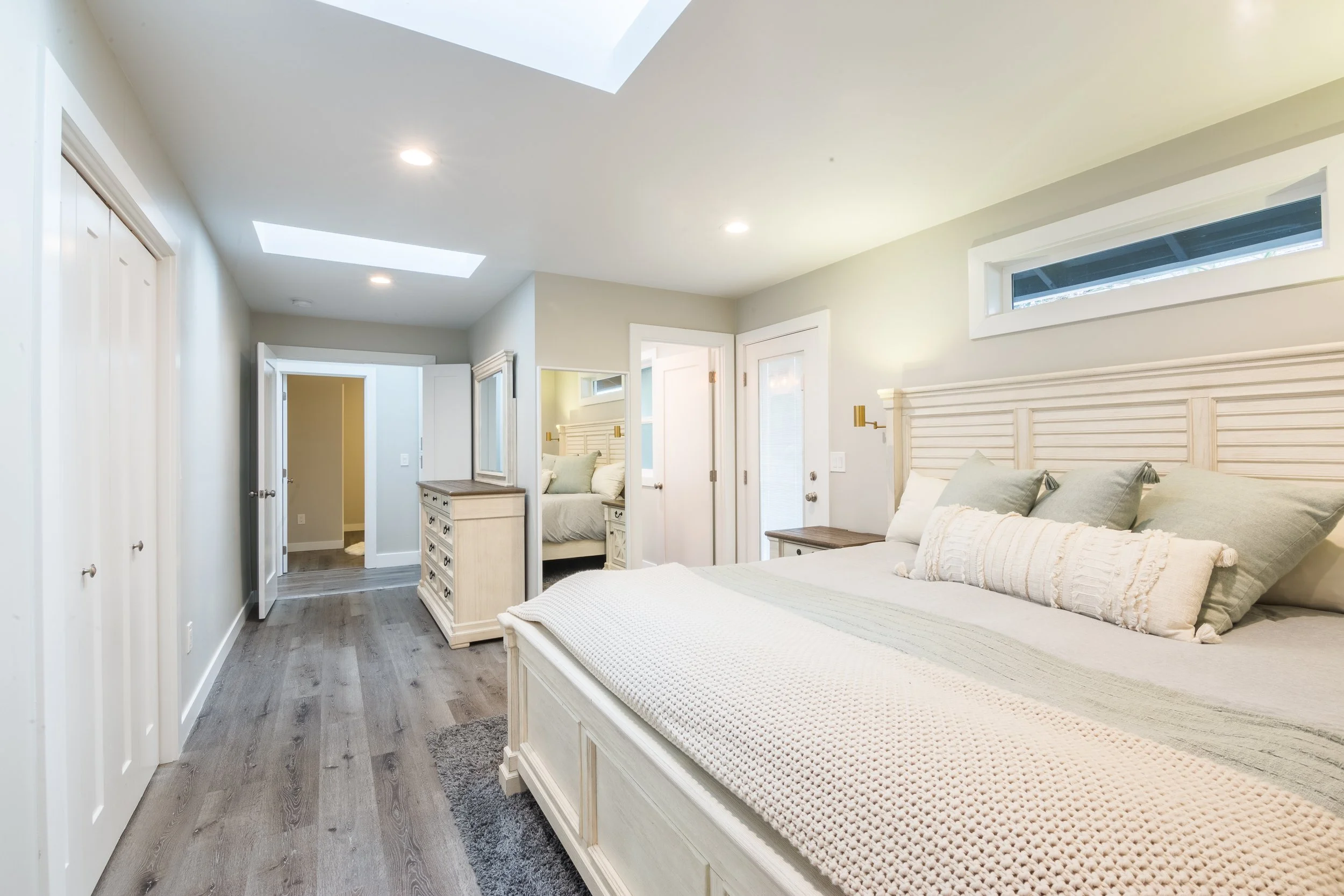When a Home Addition Makes Sense
Adding to your home is a significant investment, but it can be the ideal solution in the right circumstances. Here’s when a home addition might be the best choice:
1. Expanding for Family or Lifestyle Needs
Growing Families: More bedrooms, bathrooms, or play areas may be necessary for an expanding family.
Changing Work Habits: A dedicated home office or study area can support remote work or education.
Multigenerational Living: An in-law suite or guest room provides space for extended family.
2. Enhancing Home Functionality
Outdated Layouts: Adding a modern kitchen, sunroom, or family room can make the home more comfortable and practical.
Storage Needs: Expanding with a garage, mudroom, or closet space can declutter the home.
3. Increasing Home Value
In neighborhoods where property values are high, adding square footage can significantly increase resale potential. For example, a master suite or second story can make a home more competitive in the market.
4. Staying in a Desirable Location
If you love your neighborhood, school district, or proximity to work and amenities, an addition allows you to stay in your preferred area while meeting your needs.
5. Cost-Effectiveness Compared to Moving
Moving comes with expenses like real estate fees, closing costs, and moving services. If these costs exceed the price of an addition, staying and expanding your current home may be more practical.
6. Long-Term Plans
If you intend to stay in your home for many years, an addition is an investment in your lifestyle and future.
Steps to Deciding if a Home Addition is Right For You
Define Your Goals
What do you need from the space? Is it worth the disruption and cost?
Assess Your Budget
Be realistic about what you can afford, including a contingency for unexpected expenses.
Evaluate ROI
Research how much similar projects have added to home values in your neighborhood.
Consult Experts
Speak with contractors, architects, and real estate agents to gauge feasibility and value.
Explore Financing Options
Consider home equity loans, cash-out refinancing, or savings.
A home addition makes sense when it aligns with your personal needs, financial goals, and the potential to enhance your property’s value. However, it’s essential to evaluate alternatives, ensure compliance with zoning regulations, and work with professionals to plan your project effectively. With thoughtful consideration, a well-executed addition can turn your current house into your dream home while avoiding the hassle of moving.



